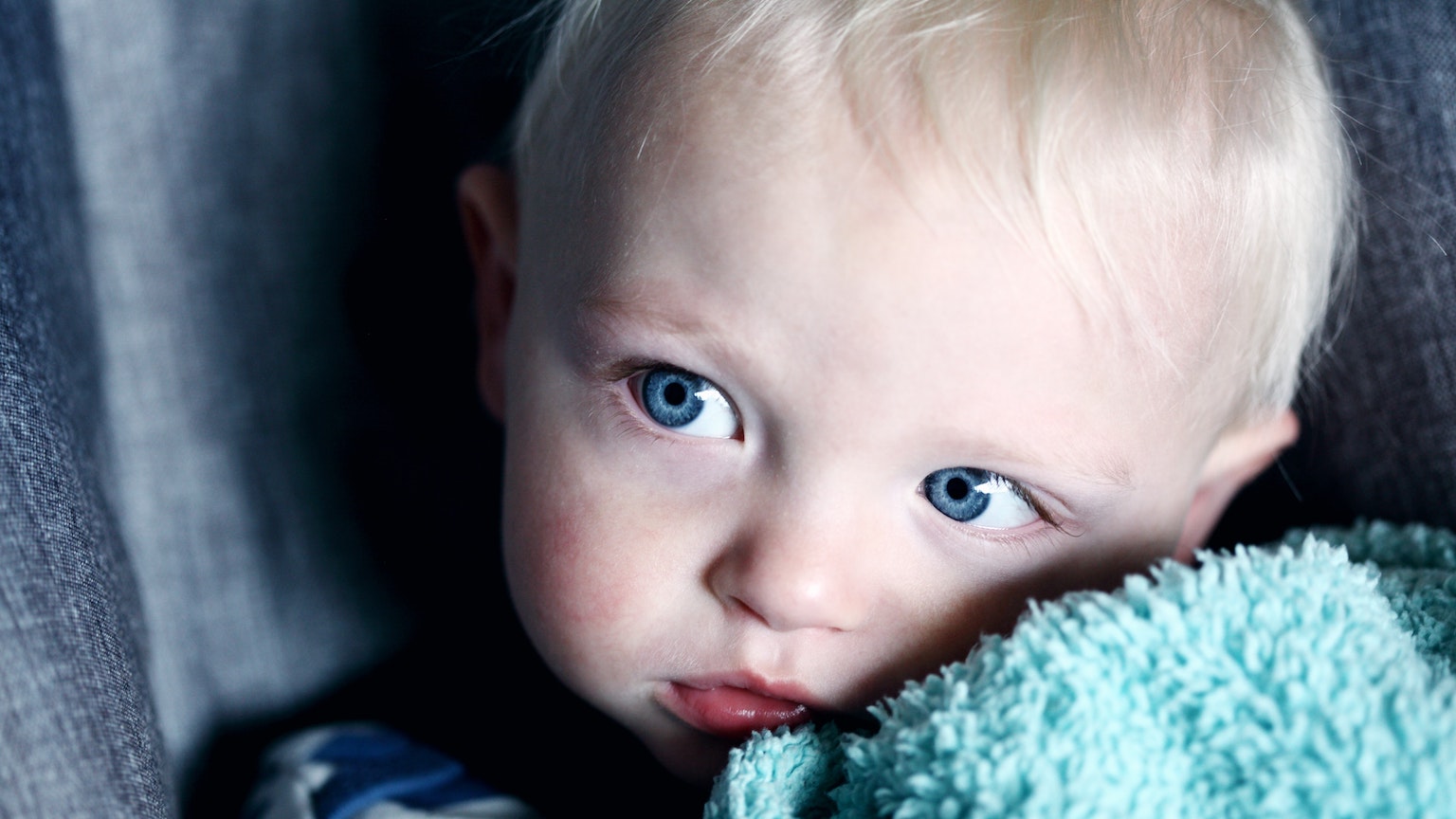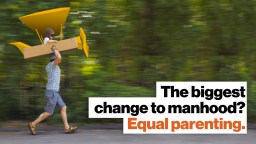Reciprocal bond: When do we learn to trust others?

- Adults are more likely to agree with someone else if that person, in turn, often agrees with them.
- These “reciprocal bonds” are one of the many factors we weigh in determining if someone is reliable or not.
- This ability is not born to us. It is something that develops in our childhood around the age of ten.
You are in a meeting at work, it is crowded with people, your boss looks angry, and you put your hand up to offer a suggestion. As you finish, a wall of silence crashes down. Oh no, that was a rubbish idea, you think. Then, after a moment, Thomas says, “Yeah, I actually think that’s a really good point. I agree”. You look over at him, your eyes meet, and you smile. You have just made a “reciprocal bond” with Thomas.
Because of that, when he offers a suggestion, you will back him. When he offers an opinion, you are more likely to give it weight or listen closely. And it works both ways. The more you back Thomas and agree with his opinions, the more he will return the favor. Before you know it, you and Thomas are two peas in a pod.
While we have a lot of research about the social influence of reciprocity in adult-to-adult relationships, not much has been done on how it affects children — until now, thanks to a report by a team lead by Joshua Zonca in the journal Royal Society Open Science.
Reciprocal bonds
Most adults, most of the time, will “take advice and learn from others to optimize behavior and decisions.” Because we cannot always work through every problem ourselves, nor can we ever know everything there is to know about a situation, we rely on testimony and collaboration with others to guide us in our decisions. We each have a finely tuned calibration system for determining the reliability (or lack thereof) of other people. Ideally, we would weigh their previous success (e.g., “He has always given me good advice before.”) or expertise in a given context (e.g., “She’s an engineer, so she probably knows how to build a house.”).
However, more often than not, “[H]umans use suboptimal informational criteria for social learning and social decision making.” This is usually down to our various cognitive biases, for instance, how we tend to seek out opinions that agree with our own (confirmation bias). One of the more persuasive factors determining our agreement with someone else is whether they have previously agreed with us — that is, whether we have established a reciprocal rapport. As discussed above, we are more likely to be open-minded and acquiescent to someone who we think will be likewise with us, in return.
Trusting ourselves
What Zonca et al. discovered is that this ability (or bias) is something that develops as we get older. The team had children who were six, eight, and ten years old perform the same task, which was to estimate and reproduce the length of a line that they saw for only a brief moment. An adult accompanied the children one-on-one, doing the exact same task. The adult and the child took turns deciding which of their two answers they would choose to submit. For some of the children, the adult was told to be really disagreeable (that is, never choose the child’s answer but always their own). For others, the adult was to be agreeable and amenable. Would the children demonstrate the same bias toward agreeing with the adult who also agreed with them?
It depended on age. The ten-year-olds would change their answers to match an (agreeable) adult about 50 percent of the time, which is similar to what adolescents do. The interesting thing, though, is how the six- and eight-year-olds “did not change their final decisions as a function of the partner’s behavior.” They would just carry on backing themselves, regardless of the agreeability or reliability of the adult in the room.
Learning to trust others
What this paper shows is that the tendency we have to favor those who demonstrate reciprocal behaviors is something that develops as we get older.
It seems that children under ten do not have the ability to calibrate their decision-making to the reliability (or otherwise) of another adult in the room. The very young child will “favor the confirmation of their own responses and refuse the partner’s advice.” That is because it relates to a wider metacognitive characteristic of children, which is that they will employ more general psychological rules in dealing with the world. In other words, they will depend on “relatively simpler heuristics.” So, “trust yourself, you’re usually right” will form a blanket and simplistic rule to live by, where exceptions are hard to accept.
From ten years on, however, we learn that other people might have something to offer. We become “better at evaluating, representing, and updating the relevant informational context” of what we encounter. We also establish certain rules for when someone can be trusted or not. In the study, ten-year-olds were capable of “modulating the probability of accepting their partner’s advice” based on their past success rates (e.g., the accuracy of the adult’s previous decisions). What’s more, they would determine reliability based upon the adult partner’s willingness to accept their answers as well.
So, it seems that forming a reciprocal bond — the ability to trust one another — is not something that comes naturally to us. It is a learned skill and a childhood developmental phase. The ability we all employ to weigh up the reliability of someone comes relatively late in our childhood development.
Jonny Thomson teaches philosophy in Oxford. He runs a popular Instagram account called Mini Philosophy (@philosophyminis). His first book is Mini Philosophy: A Small Book of Big Ideas.





